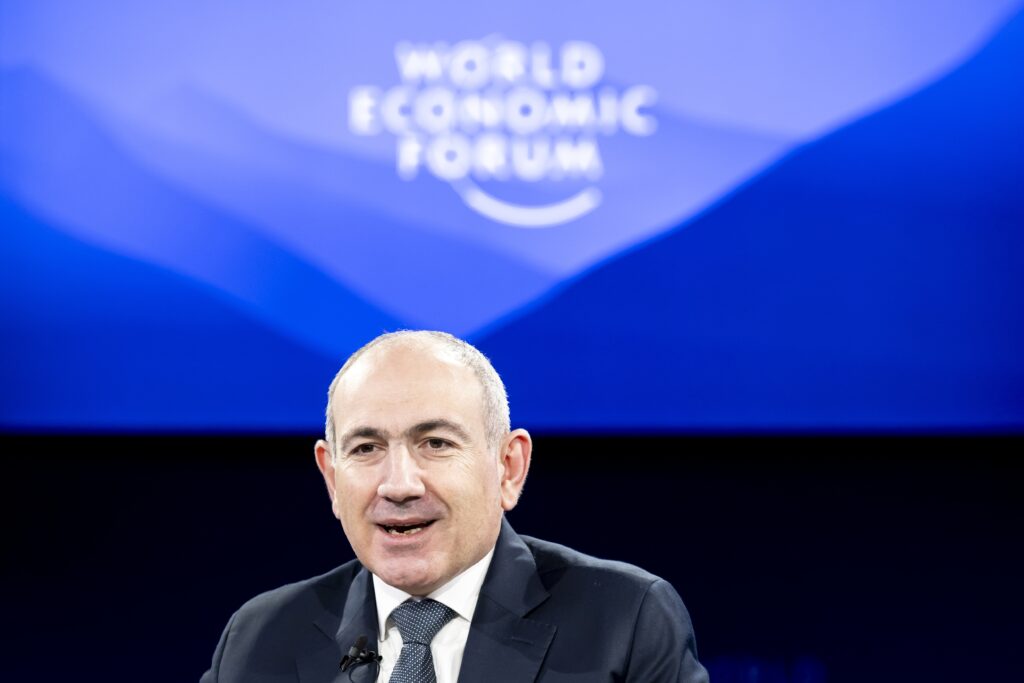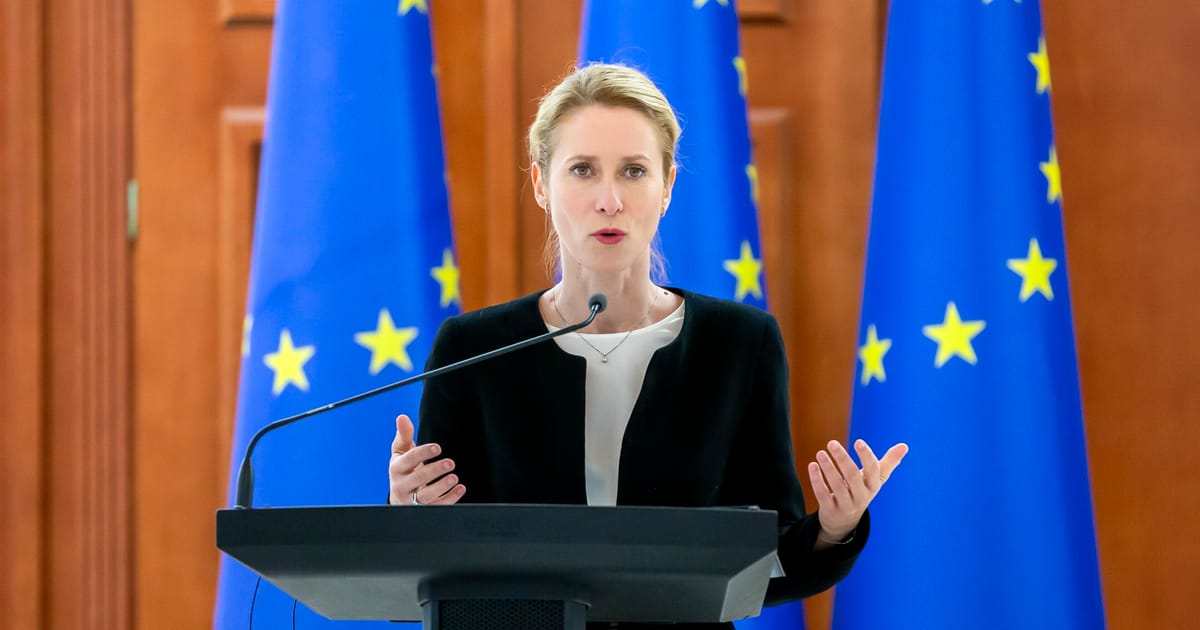In contrast, under President Ilham Aliyev, Azerbaijan has become the quintessential autocracy. Power in Baku is concentrated in one family; dissent is crushed, journalists jailed, elections a formality. In February 2024, Aliyev secured a fifth term with 92 percent of the vote — an election observers described as a sham. His regime even appointed his wife vice president.
 Prime Minister Nikol Pashinyan’s government, which came to power on the back of protests, has been aligning itself with European values. | Laurent Gillieron/EPA
Prime Minister Nikol Pashinyan’s government, which came to power on the back of protests, has been aligning itself with European values. | Laurent Gillieron/EPA
Meanwhile, on the international stage, Baku has been brazenly aggressive. In 2020, it unleashed a war against ethnic Armenians in Nagorno-Karabakh, violating a fragile ceasefire. Later, Azerbaijani forces blockaded and attacked the region, culminating in a lightning military offensive that forced over 100,000 Armenian civilians to flee their ancestral homes — a humanitarian disaster that unfolded in real time while Europe watched.
And to this day, Azerbaijan illegally detains Armenian prisoners of war and civilians as hostages.
Despite all this, ever since Europe sought to wean itself off Russian gas, it has treated Azerbaijan as a coveted partner. The EU signed a major energy memorandum with Baku in 2022, aiming to double gas imports. And standing beside Aliyev, European Commission President Ursula von der Leyen famously hailed the country as a “reliable” supplier.
It appears that when Europe looks at the Caucasus, it sees Azerbaijan’s oil and gas wells but ignores Armenia’s democracy and security.
As French MEP and former Minister for European Affairs Nathalie Loiseau observed: “Going to an autocracy which keeps on threatening its neighbor without going to Armenia on the same trip is a mistake … Baku targets an EU member state with malign interference and sides with Russia, when democratic Armenia looks towards Europe.”
Her words underscore an absurd reality. Realpolitik, it seems, has eclipsed principle, and the EU appears hypocritical when it rebukes authoritarianism in Europe’s east while acquiescing to it in the South Caucasus.
Dulled by energy deals and geopolitical caution, the international response to Azerbaijan’s aggression has been tepid for too long. But European security and values are indivisible, and the bloc cannot carve out exceptions without undermining its moral authority. Supporting Armenia, a fledgling democracy under siege, is not only the right thing to do, it also serves Europe’s own long-term interest in a stable, rules-based international order.
